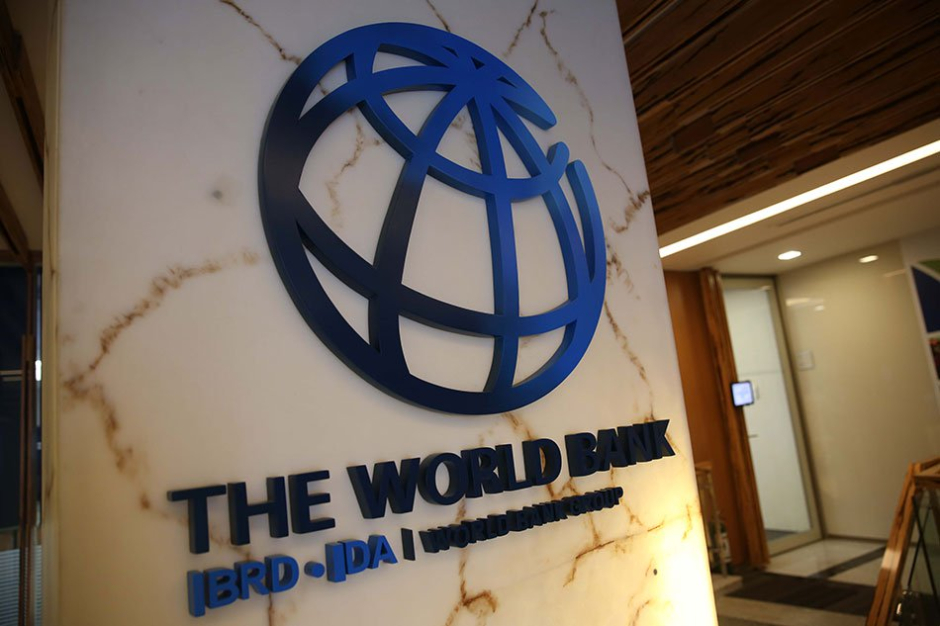With its public debt expected to jump to its highest level in 17 years and a massive budget deficit of PKR 2.6 trillion by the end of this fiscal year, Pakistan’s GDP isn’t expected to get any better either in the near future, with an expected growth rate of 3.4 percent in 2019 and 2.7 percent in 2020.
This is a considerable dip from 5.8 percent under the PML-N government in the fiscal year 2018, which was actually Pakistan’s highest in 11 turbulent years. The World Bank report arrives the same week the United Nations and the Asian Development Bank put forward a bunch of statistics that painted a very bleak economic future for Pakistan.
Entitled “South Asia Economic Focus – Exports Wanted”, the World Bank report makes a whole host of alarming projections with regards to our economic health. Not only will the nation’s GDP growth fall to its lowest in eight years this current fiscal year, but the average inflation rate will also rise to 7.1 percent, with a projection of 13.5 percent the next year due to the devaluation of the rupee and an increase in utility prices.
The report went on to highlight the increased risk of the nation defaulting on its debt next month. This will, of course, further deteriorate attempts focused towards reducing poverty, decreasing utility prices and generally improving the standard of living for the masses. As the report stated: “The pace of poverty reduction is expected to continue to slow down in the current as well as in the next fiscal year, following the projected growth deceleration and higher inflation rates.”
It may be tempting to believe that the nation’s economy is doomed for the long run, and there is nothing that the current government can do to improve things anytime soon. However, there are two points to take into consideration here.
Firstly, much of our economic decline can be attributed to poor policy decisions made by the previous government. As the World Bank notes: “The current macroeconomic challenges in Pakistan are primarily the result of past policy choices.”
Secondly, assuming that our political and security condition remains fairly stable, the current economic situation can be changed for the better with the implementation of the appropriate reforms and a focus on boosting investments and productivity.
“As macroeconomic conditions improve, and a package of structural reforms in fiscal management and competitiveness is implemented, growth is expected to recover to 4.0 percent in FY21,” said the report.












